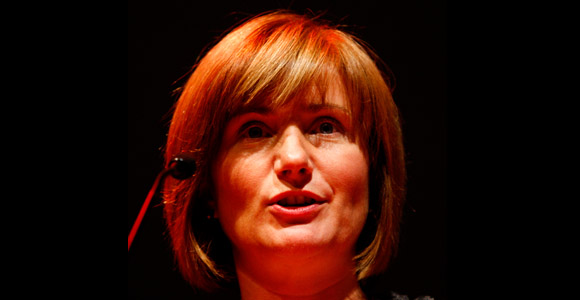Category Exclusivity – A New Paradigm?- Pippa Collett
November 30, 2011
Correctly conceived and creatively executed sponsorship is a powerful marketing tool. Why else would the Fortune 500, along with millions of other businesses big and small, invest precious marketing dollars in the discipline? The first step in successful sponsorship is having clear objectives. These are a pre-requisite for achieving the second most important aspect of successful sponsorship – securing the right ‘rights’.
Rights are what the sponsored party offers to a brand in exchange for cash, value-in-kind or marketing-in-kind. The challenge is that rights-holders will package up less attractive rights with ‘hot tickets’ in order to try and maximise sponsorship revenues. The job of a sponsor is to negotiate hard-to-unpack bundled rights and only pay for those elements that will directly contribute to achieving the corporation’s sponsorship objectives.
Another tactic used by rights-holders is to bundle up packages of rights that target particular industry sectors, offering sector exclusivity in exchange for a premium price. This results in a range of sponsors such as the Official Automotive, Wine, Bank Partner etc.
The ultimate proponent of this formula is the Olympic Games. First the rights are divided between the International Olympic Committee (IOC) and the local Organising Committees (OCOGS), with the IOC reserving 12 key industry sectors for their own partnerships. These are currently sold in 4 yearly cycles, with a ballpark cost of $100 million allowing these sponsors access to a Winter and Summer Games and the right to leverage their partnerships globally.
The OCOG meanwhile gets busy structuring its own exclusive categories and markets them with the right to promote the partnership within a single country border. LOCOG, the organisers of London 2012 next summer, now have around 50 partners structured in three tiers with examples including Cisco as Official Network Infrastructure Supporter and BP as Official Oil and Gas Partner.
The challenge of this complex sponsor landscape, especially when you have sliced and diced your rights as thinly as described above, is avoiding ‘category creep’. Managing sponsor communications to keep within their narrow category definition is a real headache for both rights-holder and sponsor For example, IOC sponsors Acer and Samsung both manufacture and distribute tablet computers. However, Acer, the computing equipment category owner, can only talk about tablets in the context of wi-fi, whereas Samsung, with exclusivity in the wireless communication equipment category, has the right to market mobile enabled tablets with the London 2012 marks. You can imagine how hard it is to maintain any degree of separation between these two in consumers’ minds, let alone adding in BT, a LOCOG partner, as Official Communications Services partner to the mix!
However, at the recent European Sponsorship Association annual conference, a new concept of categorisation started to emerge: structuring rights around concepts like Intel being the official sponsor of innovation at the Coachella Valley Music and Arts Festival or Kraft-owned Cadbury’s chocolate as Official Treat Provider for London 2012. This takes rights management for both sponsors and rights-holders to a whole new level – do you know many brands that do not want to promote themselves as innovative?
This move from functional demarcation to emotional distinction plays well against a background of brands increasingly recognising that they must differentiate or die. In the short term I anticipate something of a bun-fight as early adopters on both sides try to negotiate their way to this new paradigm, with some inevitable casualties along the way. Outcomes will be interesting: banks as Official Transparency Sponsor, fast food brands as Favourite Food Provider or courier companies as Official “Next Best Thing to a Hug” Contributor perhaps?
Pippa Collett: Since gaining and MBA from Cranfield, Pippa Collett has become a leading sponsorship practitioner with an extensive client-side career at Shell, American Express and Rank Organisation. Her global sponsorship experience covers the full spectrum from Ferrari in Formula One and the Olympics to cultural projects including The Olivier Awards and The Unilever Series. She joined Sponsorship Consulting in 2006 to work with blue-chip clients such as Siemens, Standard Chartered Bank and Cisco.
As Vice-Chair of The European Sponsorship Association, Pippa has led on key aspects of the developing sponsorship agenda including authorship of ESA’s Sponsorship Assessment & Evaluation Guidelines and introducing the concept of Continuing Professional Development.
{jcomments on}



